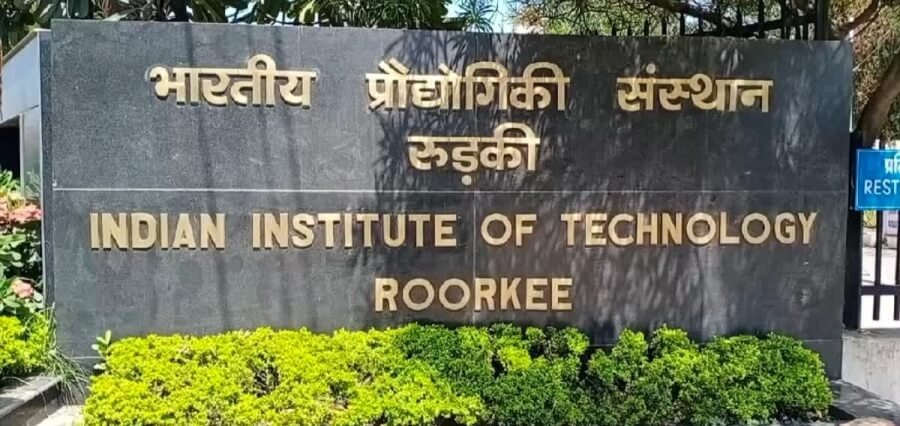The Indian Council of Medical Research (ICMR) has released new dietary guidelines that recommend limiting the consumption of caffeinated beverages like tea and coffee, especially milk tea. The guidelines were developed in collaboration with the National Institute of Nutrition (NIN) to promote healthy eating habits across the country.
One of the key advisories is to avoid drinking tea, coffee, or other caffeinated drinks immediately before, during, or after meals. The ICMR suggests waiting at least an hour before or after meals to consume these beverages. The rationale is that caffeine stimulates the central nervous system and can lead to physiological dependence if consumed excessively.
The guidelines also highlight that beverages like tea can bind to dietary iron, making it unavailable for absorption by the body. The tannins present in caffeinated drinks are known to hinder iron uptake, potentially leading to deficiencies and conditions like anemia. Moreover, excessive coffee and tea consumption is linked to elevated blood pressure and cardiac irregularities.
To moderate caffeine intake, the ICMR recommends a daily limit of 300 mg. A 150 ml serving of brewed coffee contains 80-120 mg of caffeine, while instant coffee has 50-65 mg. Tea provides 30-65 mg of caffeine per serving. Being mindful of these amounts can help individuals manage their caffeine consumption.
Notably, the guidelines advise against the consumption of milk tea, suggesting that drinking tea without milk offers greater health benefits. Plain tea is said to improve blood circulation and reduce the risk of coronary artery disease and stomach cancer, according to the ICMR.
By following these recommendations, individuals can make informed choices about their tea and coffee habits, ensuring they consume these beverages in moderation and at appropriate times for optimal health outcomes.
Read More: Click Here





